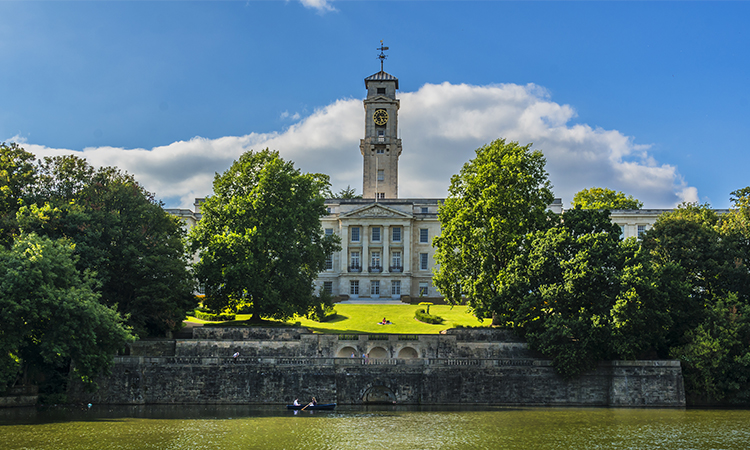University of Nottingham: UK home-sharing scheme for modern slavery survivors ‘overwhelmingly positive’, new research shows
A UK scheme where people share their homes with modern slavery survivors to give them a place to live has proven to be a positive experience for both hosts and survivors, new research has found.
The study, by modern slavery experts at the University of Nottingham’s Rights Lab, found that the benefits listed by survivors included feeling safe, cooking with their hosts, sharing beliefs, being in a family environment and quieter and cleaner accommodation.
Hosts listed many benefits, including the scheme being fulfilling and rewarding, being able to practice their faith-based beliefs and learning about different cultures.
The study was commissioned by Hope at Home, a charity that runs the scheme for survivors of modern slavery who are or have been supported through the National Referral Mechanism (NRM).
The NRM is the UK’s framework for identifying and supporting survivors of modern slavery. It ensures that consenting adult survivors receive the necessary support and assistance in the period immediately after their identification.
Once the NRM process ends, survivors face what the sector recognises to be “a cliff edge” – they may find themselves without support and facing homelessness. Survivors recognised without hosting being available they would have had no-where else to go.
Kate Garbers, Senior Research Fellow in Policy Evidence and Survivor Support in the Rights Lab
Kate Garbers, who led the study, continued: “Our study shows that hosting can as act as an accommodation option for survivors of modern slavery. Overall hosting is reported to be a positive experience. Consideration should be given to how hosting can be effectively used throughout a survivor’s journey, both within and outside of the NRM.“
Hope at Home has expanded to accept referrals at different points during the NRM and is working with partners to provide hosting arrangements for survivors at their initial point of identification.
Hope at Home state that they work with EU Nationals, non-EU nationals with leave to remain, British nationals and those seeking asylum. To be referred guests must be over 18 years old and have on-going professional support in place.
Jared Hodgson, CEO at Hope at Home said: “We believe that all survivors of modern slavery should have a safe home. Sadly this is not currently the case and many of the guests we work with will face homelessness or live in unsuitable accommodation at some point. This research highlights the challenges faced by survivors in this regard as well as affirming that hosting is a viable option for some and opening up the question of other ways to deliver “safe Homes”. That’s why it is important that there are varied and safe options available for survivors of modern slavery.
Our hosts are ordinary people from a variety of backgrounds who offer their spare room to host a guest for an agreed time period. All hosts received support from Hope at Home throughout. Overwhelmingly, it is crucial to note that survivors reported feeling safer in a family environment than in alternative accommodation.
Living in a safe, familial environment has enabled many of our guests to begin to rebuild their lives after exploitation: some have been accepted into university, others have found work, studied at college, developed hobbies and integrated into their communities. We look forward to using the evidence from and building on this research as we move forward with our new three-year strategy in 2023.”
Bekim, a survivor of modern slavery originally from Albania, faced homelessness before moving in with Hope at Home hosts. His stay enabled him to achieve qualifications, study English and complete voluntary work before moving on into independent housing. Bekim described his hosts as “helpful and supportive”. In turn, his host family reported feeling “privileged” to accommodate him.

